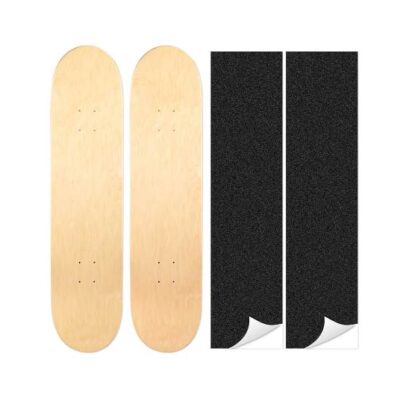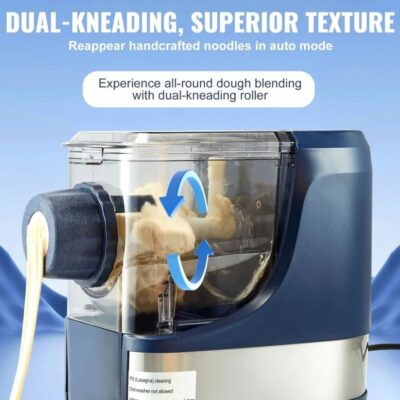Who Needs a PASMA Card and What Is It?
If you work in any industry that requires the use of towers and working at height, you need to be able to prove that you have relevant training and experience. PASMA accreditation is one way to do this.
What Is PASMA?
PASMA is the Prefabricated Access Suppliers’ and Manufacturers’ Association. It is an authority on the use of mobile access towers and provides industry standard training on every aspect of tower usage, from assembly to removal, including inspections and legal regulations. Global FLT provides an example of some of the wide range of PASMA courses available. Any provider that offers PASMA-certified courses will have had to meet strict standards itself to show it has the necessary knowledge and expertise to teach these important skills.
Why Is Being Able to Work on Mobile Towers Important?
The use of mobile access towers has become more common in industries such as construction in recent years. They often replace ladders as a safer, more stable option that reduces the risk of falls and injury. Toe boards and guardrails are used to protect people as they climb. The tower can also remain in place for an extended period of time, which can make a site run more efficiently.
What Are the Advantages of a PASMA Card?
Completing a PASMA course and receiving your card means you can prove you have both theoretical knowledge and practical experience, including understanding of health and safety, to work on mobile towers. Towers are an essential part of working at height, and many potential employers who use them will require PASMA accreditation from any new worker.
Once you have a PASMA card, it remains valid for five years and should be recognised by the majority of employers. It is useful if you are just starting in the industry or for workers who are looking to broaden their skill set and improve their employability.
If you have a PASMA card, you can prove your competence to work on mobile access towers in a variety of capacities. It is an accreditation recognised across the industry.









